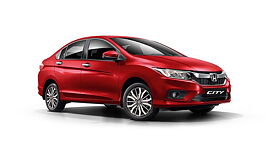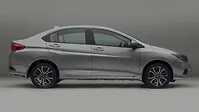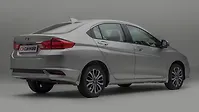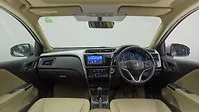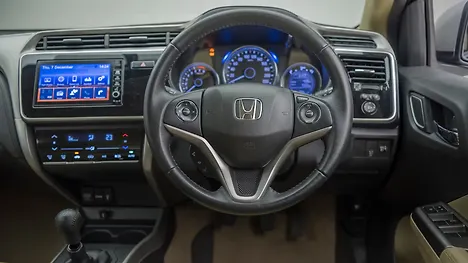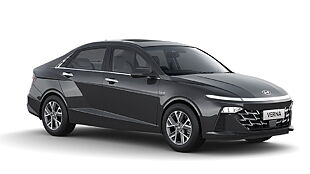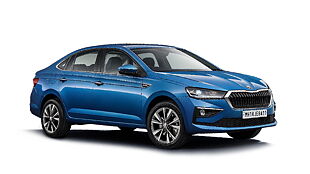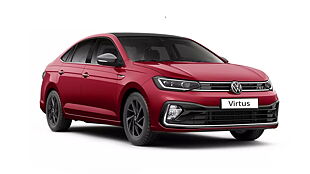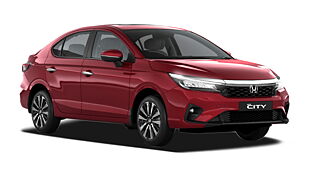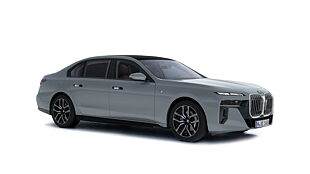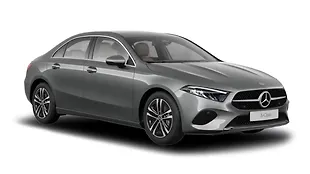Discovering Bhutan
I sat erect on the ice-cold stone floor in padmasana (lotus position) while the monks chanted their holy mantras in a steady hum. In the tranquil silence of the Paro Taktsang monastery or Tiger’s nest, their chanting seemed to reverberate through the walls. Balanced precariously on the edge of a 3000 metre tall cliff, the Taktsang monastery is one of the most isolated monasteries in the world, accessible only by foot. Still, despite my exhaustion caused by the arduous trek that one must take in order to reach this monastery, the chanting soothed me. It hadn’t even been a few seconds since I entered and yet it felt like I had been there for ever. No thought came to my ever wandering mind as I sat there meditating inside the dimly lit hall. Needless to say, these few minutes in the Taktsang monastery charged me up like never before.

If you haven’t guessed the place I am referring to by now, its Bhutan. I undertook a mind-blowing road trip in this landlocked Himalayan kingdom, courtesy of Honda’s Drive to Discover. Now in its eighth edition, Bhutan was the first international sojourn for the Drive to Discover team and I was lucky to be a part of it. We were also celebrating Honda’s feat of selling over three lakh diesel engine cars in the subcontinent with its entire diesel line-up of cars at our disposal.

We started off from Bagdogra in West Bengal driving the smallest car of the lot – the Honda Jazz. Zipping through the not-so-wide city roads to get out of Bagdogra was effortless. Soon, our little cavalcade was out in the country, passing through a little reserve forest on our way to Phuentsholing in Bhutan. We passed through the river-side town of Siliguri on our way to Nagrakata.

This is the beginning of the Darjeeling district, the land of tea. I had hardly made it to the outskirts of Siliguri and the tea plantations started flanking us along the narrow dual-carriageway, engulfing us in a sea of green. The tarmac was nice and clean as the road winded up the mountain and snaked down on the other side to climb again. After a quick cup of chai at a roadside dhaba, we hit the road again.

By the time we entered Bhutan from the Phuentsholing border post, the sun had already set a long time ago. While the time zone is only half an hour ahead, it gets pitch dark by six in the evening here, while here in Mumbai we have twilight till seven. I only had to drive in a few metres and my first ever Bhutan experience had begun. Within a few metres all the filth, dirt and stink disappeared and we were in one of the cleanest countries in the world.

Next morning, the convoy left from Phuentsholing in the warm morning sun as we headed towards Paro. Today, I was driving the all-new Honda Accord Hybrid. Swanky and stylish as it is, it turned quite a few heads everywhere we went. You climb up from Phuentsholing towards Paro, gaining altitude every minute. The roads continued to be nice and I was happy to be driving an automatic up the innumerable series of corners and hairpins. Because then, I could afford not to worry about the gear shifts and instead enjoy the scenery Bhutan had to offer.

And Bhutan had a lot to offer. There’s a waterfall cascading down the green hill-side wherever you look. The white clouds seemed to travel with us up through the mountains, often enveloping us completely and only allowing visibility of a few feet. It did cut our pace down but I wasn’t particularly complaining because it meant that I could soak up this incredible beauty for a few more moments.

Until now, we hadn’t managed to sample any Bhutanese grub. So when we reached Lamo, food was uppermost in our minds. The dhaba in Lamo turned out to be epic. We tried the local delicacy – Ima Datschi – beef cooked with green chillies and sauce. The Bhutanese lemon tea with honey is something that you shouldn’t miss along with soupy noodles.

Taktsang monastery was on the next day’s schedule in Paro and I made sure I had rested enough to be ready for a gruelling day. The Taktsang climb is regarded as one of the toughest treks in the country. It takes the locals about four hours to go up, pray and come back. When we heard that, we made the mistake of assuming that it wouldn’t be that tough. Four hours after all, is pretty standard fare as treks go.

It would be an understatement if I said I had my posterior handed over to me (picture that in Hindi) while climbing up to the Tiger’s Nest. Starting at more than 6,500ft from sea-level (Paro), we climbed almost 900m upwards over an approximately 6km trek. Having lived at sea-level all my life, the altitude got the better of me in the first furlong itself. Panting and labouring, sometimes I halted after walking just ten steps.
It was a test of my will and my heart even as my heartbeat resonated through my eardrums. I kept myself hydrated and continued to climb. I reached the cafeteria after almost two and half hours and it was just half-way up the Nest. Another half an hour of steep climb, we hit the viewing point – the point from where you can see the entire monastery at eye-level.
And then Dorji, our guide, told us that we had about 500 more steps to reach the monastery. Nested on the cliff-wall, it is impossible to imagine how had they managed to build an entire monastery here back in the 17th century. I gathered whatever bits and pieces that were left of me, and we continued to the monastery.
I took a guided tour of the monastery and even those few minutes of meditation with the monks rejuvenated me. With my energy bar back up, I headed back for the base. I was surprised at how much I had climbed up because even the descent turned out to be never ending. Having skipped my lunch, I headed straight to Paro town to gorge on anything that looked edible.

The 5 Dakinis is a small hotel in Paro town which serves authentic Bhutanese food. The buck-wheat Puta noodles, Simak Pa pork and the red-rice with chicken has to be the tastiest meal I have ever had. And the icing on the cake was the Zum Zin Bhutanese peach wine.

After a cold shower and sleeping like a log through the night, we headed to Thimphu on the next day in a Honda City. The sedan was at home in Thimphu, the capital of Bhutan. Like the rest of the country, Thumphu still has a laid-back relaxing charm. May be that is because of the huge 59-metre statue of the Lord Buddha overseeing the town. The Bhutanese have conserved their heritage well with all new buildings carrying the pagoda-style façade to blend with the tradition.

Sadly, we couldn’t explore much of Thimphu, because we had to hit Phuentsholing again by evening to get the exit documentation in place for us as well as our cars. But then we did find Momo Bell which served us some mouth-watering Thukhpa and momos.

During this trip we drove them all - the Honda CR-V, the B-RV, the WR-V, the City and the Amaze. All these cars performed seamlessly in difficult terrains, challenging roads and through extraordinary locales. On the last day, when we crossed the border over to India and headed back to Bagdogra again, that’s when the Bhutan experience really did sink in.

Bhutan is downright beautiful and scenic with the people taking pride in their way of living and their culture. If we could be half as courteous as the Bhutanese back in India, this country would certainly be a dream to live in. Thanks to Honda, I have got a glimpse of Bhutan and trust me, I am going to save up and head back there again to explore this country with the happiest people in the world!
Photography: Omkar Thakur


